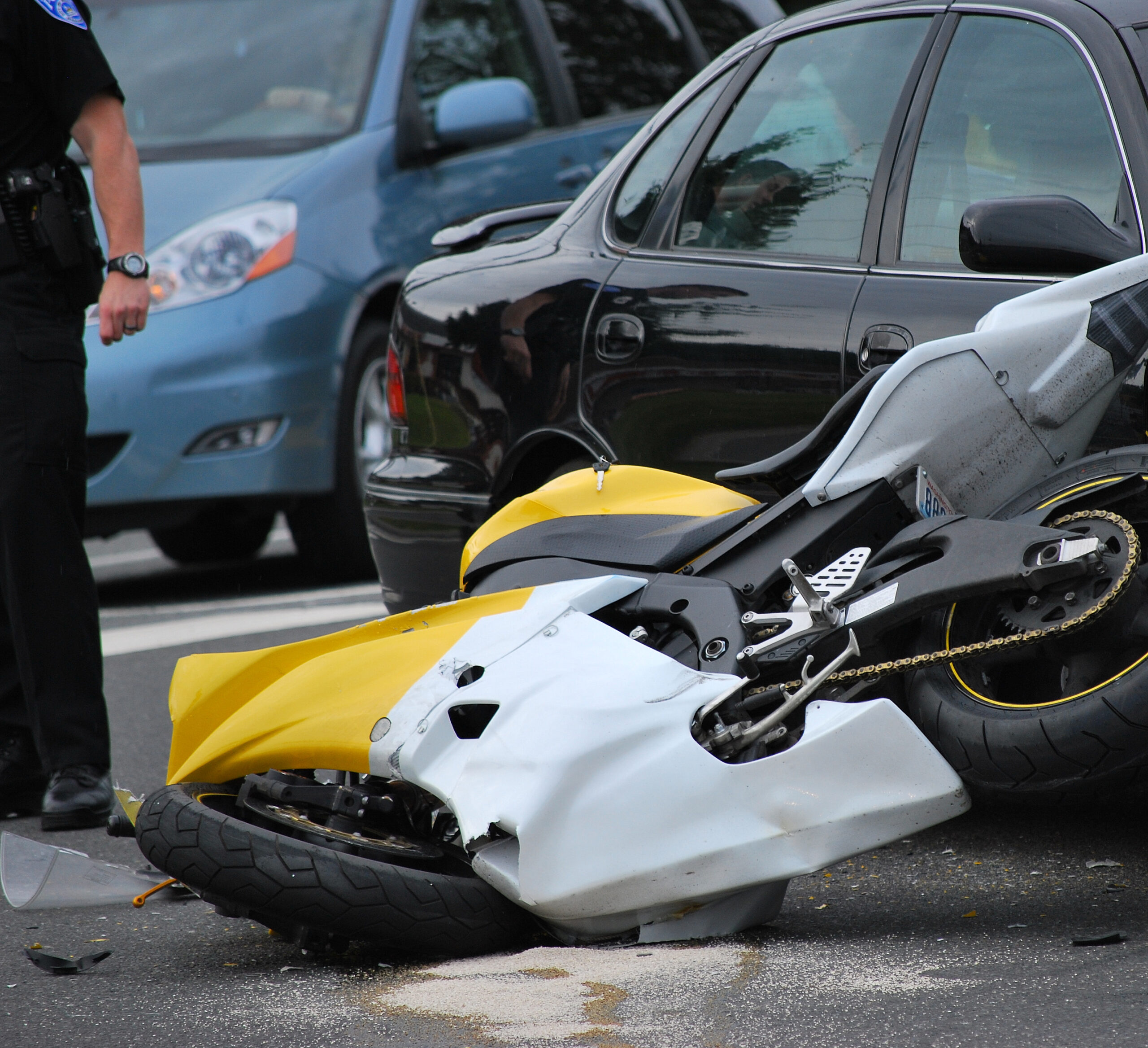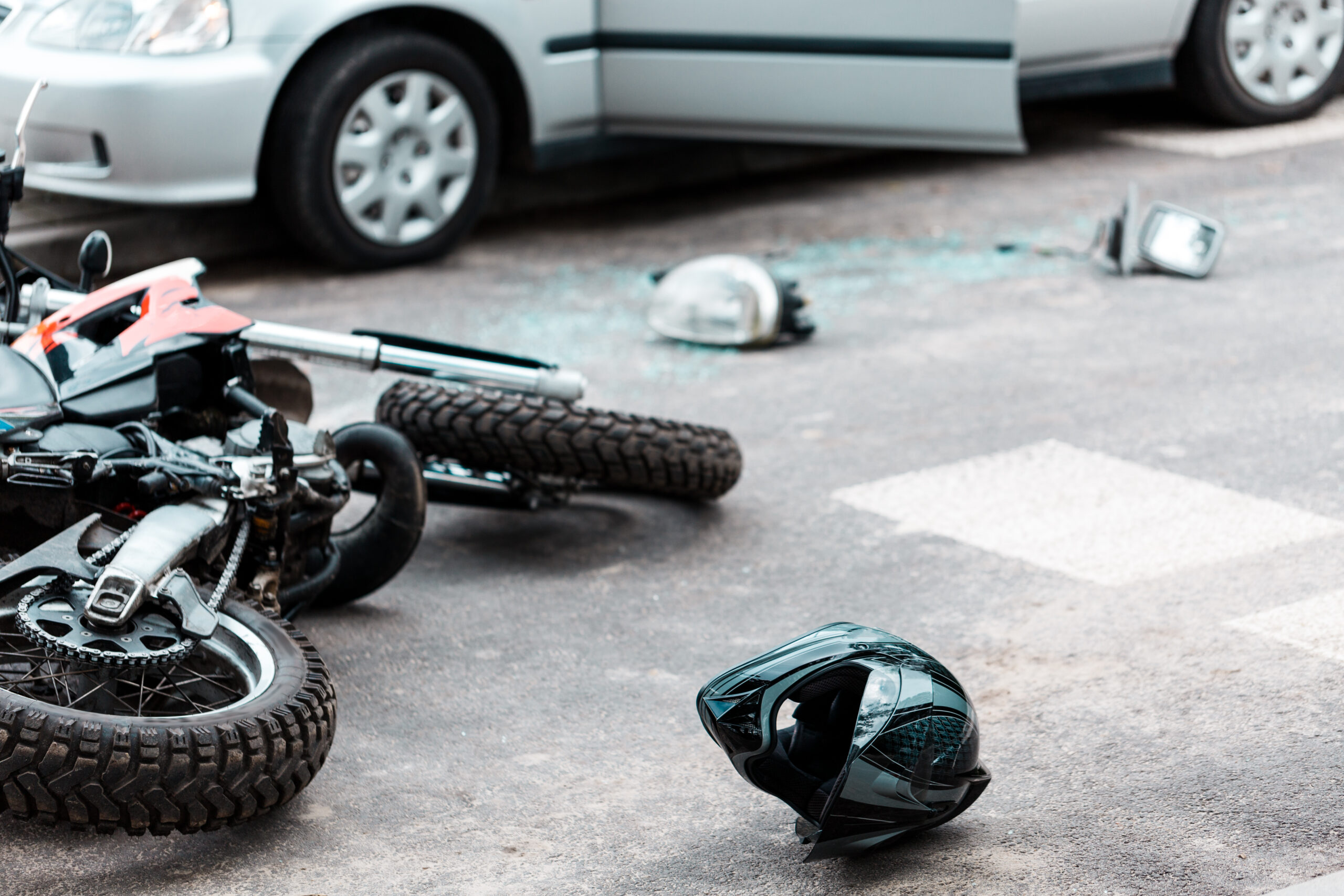Motorcycle accidents are among the most serious and life-changing accidents that can occur on Florida’s roads. Whether it’s due to a distracted driver, a poorly maintained road, or an unexpected weather event, motorcycle crashes often result in devastating injuries. If you’ve been involved in a motorcycle accident in Delray Beach or Lake Worth, knowing what to do immediately afterward can be the difference between a smooth recovery and a long, drawn-out legal battle. In this blog post, we’ll walk you through the key steps you should take after a motorcycle accident and how a Florida motorcycle accident lawyer can help protect your rights.
Florida Motorcycle Accident Statistics: The Growing Concern
According to the Florida Department of Highway Safety and Motor Vehicles (FLHSMV), there were over 9,000 motorcycle accidents in the state in 2021 alone. These accidents resulted in 600 fatalities and thousands of injuries, many of which were severe. As Florida is one of the top states for motorcycle registrations and tourism, these statistics highlight the importance of understanding your legal rights if you’re involved in a motorcycle accident.
Recently, the local news in Lake Worth, Florida, reported a devastating motorcycle crash that left one man deceased after a crash with a mini Cooper. The accident occurred during peak traffic hours, which increased the severity of the crash. The investigation is still ongoing, but the police have confirmed that the motorcyclist was thrown from the bike upon impact, and was taken to the hospital, where he died.
This accident serves as a reminder that motorcycle riders, no matter how experienced, are at risk for severe injuries in Florida’s often hazardous driving conditions. In the aftermath of an accident, it’s crucial to act quickly and carefully to ensure your rights are protected and to maximize your chances of receiving compensation for your injuries.
What to Do After a Motorcycle Accident in Delray Beach or Lake Worth
Step 1: Ensure Safety and Seek Medical Attention
The first thing to do after any motorcycle accident in Florida is to ensure your safety. If possible, move to a safe area away from traffic to prevent further harm. However, don’t try to move if you are seriously injured. Instead, wait for emergency responders to arrive.
Your health and well-being should be your top priority. If you or anyone involved in the crash is injured, call 911 immediately. Even if you don’t feel injured right away, it’s important to get checked out by a medical professional. Motorcycle injuries, such as internal injuries or soft tissue damage, may not show symptoms immediately, so getting medical attention as soon as possible can help identify hidden injuries.
Step 2: Contact Law Enforcement
Florida law requires that accidents resulting in injury or property damage be reported to law enforcement. When the police arrive at the scene, they will conduct an investigation and create a crash report, which will be critical for your case if you decide to file an insurance claim or pursue a personal injury lawsuit. The crash report will document the details of the accident, such as how it occurred, the contributing factors, and who is at fault.
Make sure to get a copy of the police report or at least the case number. This will be essential when dealing with insurance companies and your Florida motorcycle accident lawyer.
Step 3: Gather Information at the Scene
If you’re physically able, it’s important to gather as much information as possible at the scene of the accident. This will strengthen your case later on. Take photographs of the crash site, including the position of the vehicles, any damages, road conditions, and any visible injuries. Additionally, write down the contact information for the other party involved in the accident, including their name, address, phone number, driver’s license number, and insurance details.
Also, if there were any witnesses to the crash, ask for their contact information. Witness testimony can be crucial in proving fault or supporting your version of events. The more evidence you collect, the better your chances of securing fair compensation for your injuries.
Step 4: Notify Your Insurance Company
After the accident, contact your insurance company to report the incident. This is required by most policies and ensures that you follow the correct procedures for filing a claim. However, be cautious when speaking with your insurance adjuster. Insurance companies often try to minimize payouts, and their goal is not always aligned with your best interests.
This is where a Florida motorcycle accident lawyer comes in. A lawyer can guide you through the process of dealing with your insurance company, ensuring that you don’t inadvertently say anything that could hurt your case or reduce your payout. Your lawyer will also help you understand how your policy’s coverage works and whether you may be entitled to compensation through the other driver’s insurance, or through your own uninsured/underinsured motorist coverage.
Step 5: Consult a Florida Motorcycle Accident Lawyer
Motorcycle accident cases can be complex. Florida’s comparative negligence laws, which allow for partial fault to be assigned to multiple parties, can complicate your case if you are found partially responsible for the crash. A skilled Florida motorcycle accident lawyer can help you navigate these complexities and ensure that you receive fair compensation for your injuries.
Here are some reasons why consulting a motorcycle accident lawyer is crucial:
- Understanding the Law: Motorcycle accident cases often involve complex legal issues, including insurance claims, medical costs, and negotiations with other parties. An experienced lawyer can ensure you understand your rights and options.
- Dealing with Insurance Companies: Insurance companies may try to lowball you with a settlement offer that doesn’t cover your expenses. A lawyer will negotiate with the insurance company on your behalf to secure a fair settlement.
- Maximizing Compensation: A skilled attorney will assess the full extent of your damages, including medical bills, lost wages, pain and suffering, and future care needs. They will fight to get you the compensation you deserve.
- Taking Your Case to Court: If necessary, a Florida motorcycle accident lawyer can take your case to trial. Having a lawyer who is prepared to go to court can help pressure the insurance companies to offer a fair settlement.
Step 6: Keep Detailed Records
As you recover from your injuries, keep detailed records of all medical treatments, prescriptions, and expenses related to the accident. This includes any physical therapy, ongoing doctor visits, or surgical procedures. Document how the accident has impacted your daily life, work, and relationships, as this information may be crucial when calculating pain and suffering damages.
Protect Your Rights with a Delray Beach Motorcycle Accident Lawyer
In the aftermath of a motorcycle accident, it’s important to act quickly to protect your rights. Your health and well-being should be your top priority, but equally important is securing legal representation to help you navigate the often complex and confusing process of recovering compensation for your injuries. At Adolphe Law Group, we specialize in motorcycle accident cases and are dedicated to helping riders in Lake Worth and throughout Florida get the justice they deserve.
If you’ve been injured in a motorcycle accident, don’t hesitate to contact us for a free consultation. Our experienced Florida motorcycle accident lawyers will evaluate your case, explain your legal options, and work tirelessly to ensure you receive the compensation you’re entitled to.
Call Adolphe Law Group today at 561-660-7776 or visit AdolpheLawGroup.com to schedule your consultation. Let us help you get back on the road to recovery.



